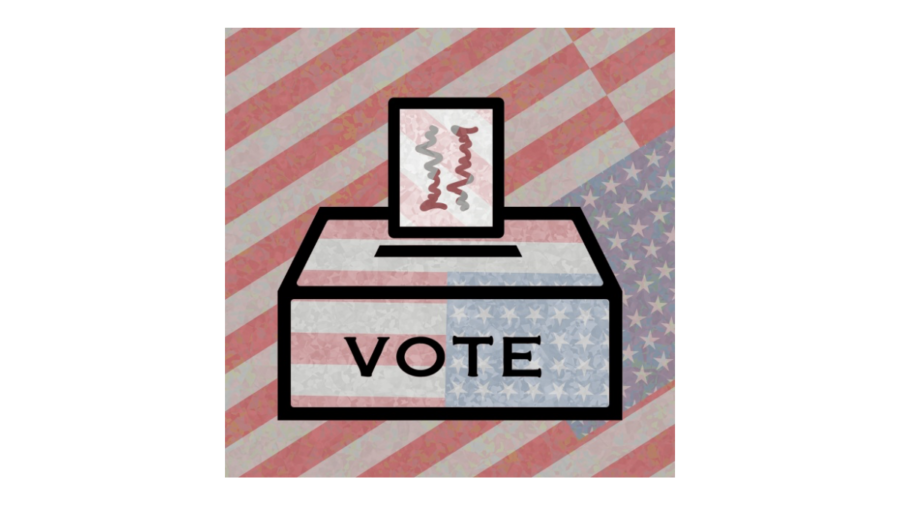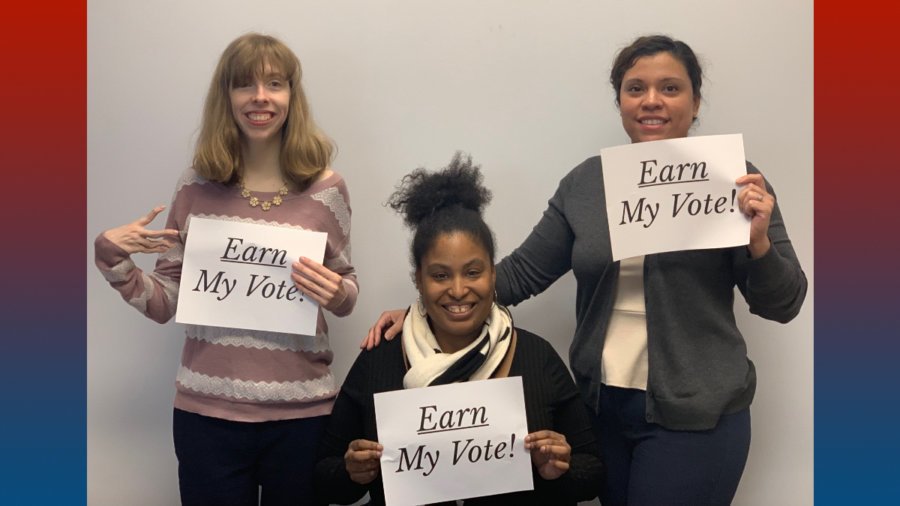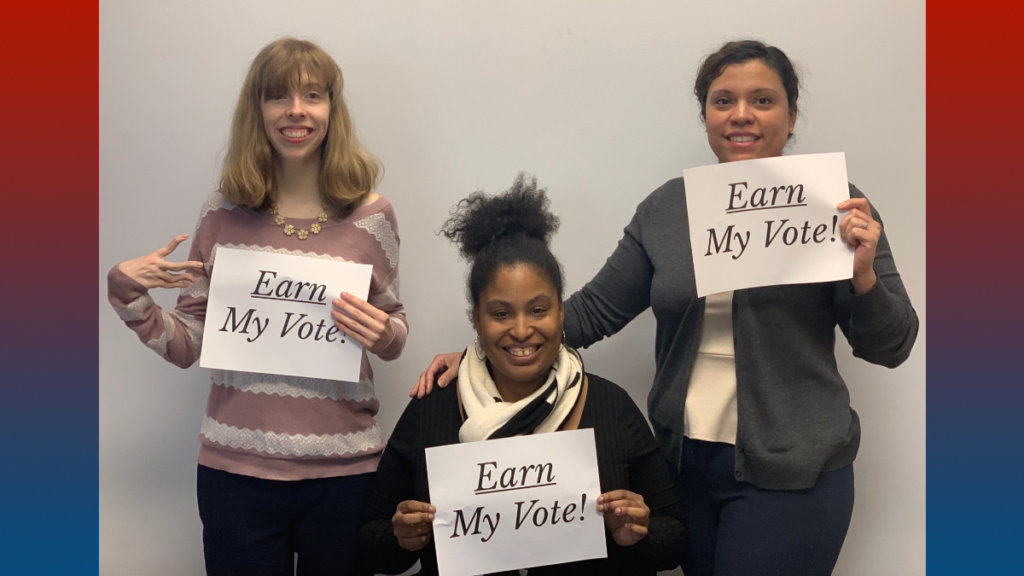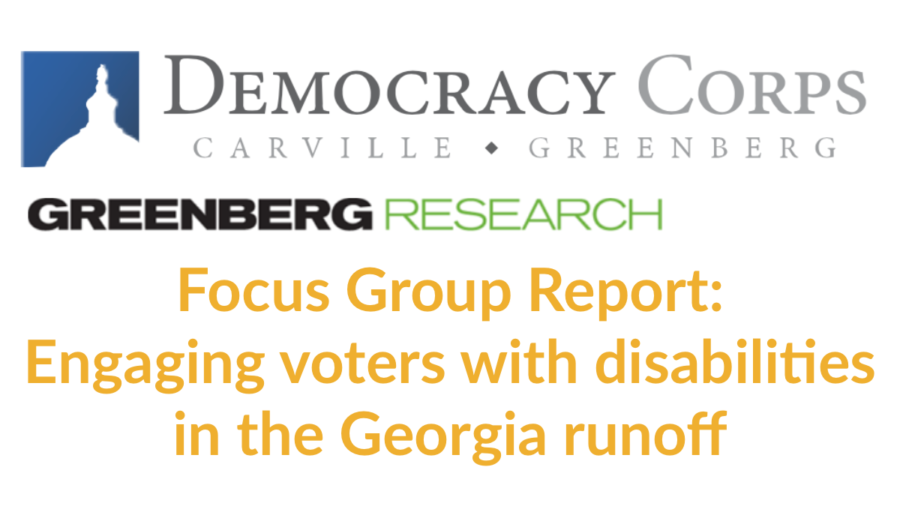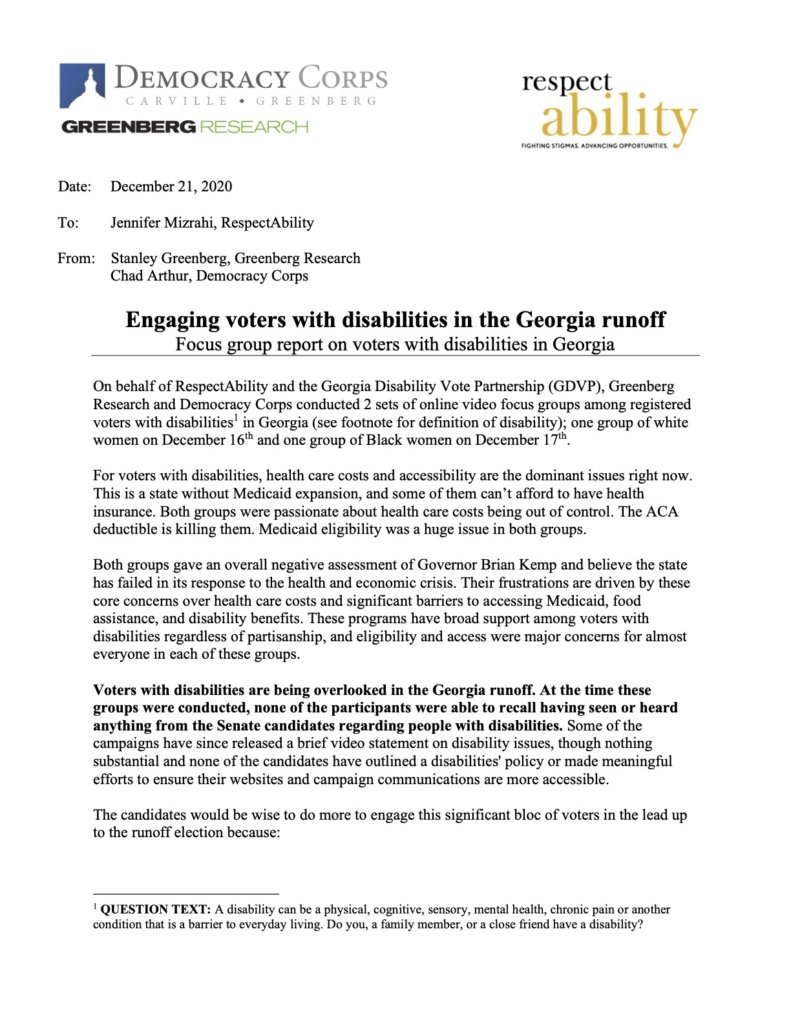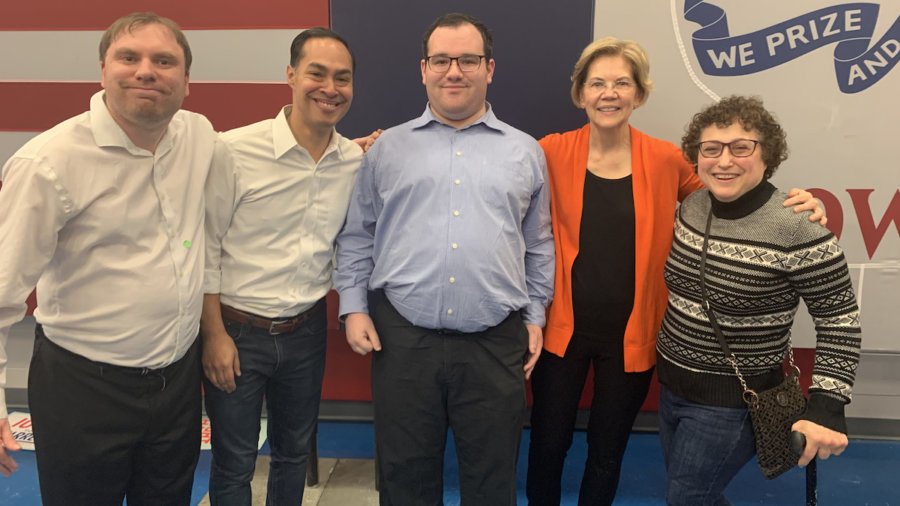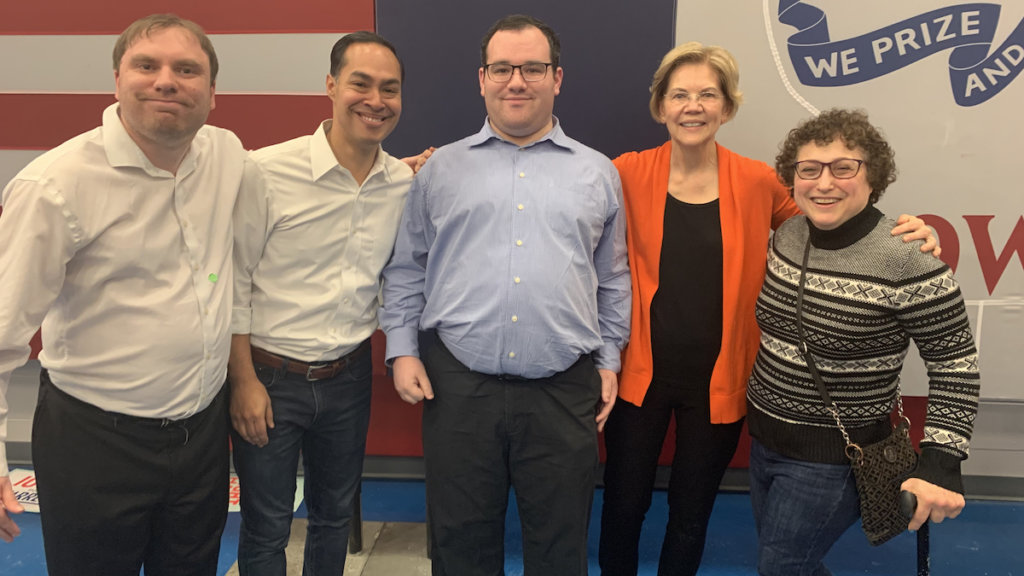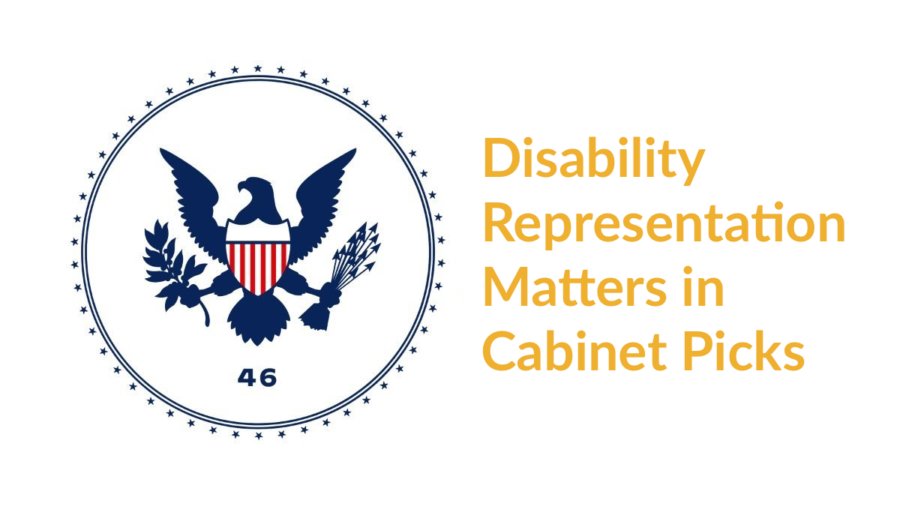By Lauren Appelbaum and Hon. Steve Bartlett
Washington, D.C., Feb. 7 – As newly elected officials begin their service, it is important that America’s largest minority group are included in policy discussions in a meaningful way. Thus, RespectAbility put together an easy guide with eight tips for leaders and their staff to ensure they reach this important constituent group.
1) Start right away on building connections to people of disabilities and disability groups in the same way that you do with other groups of constituents.
America has 56 million people with disabilities, more than 20-million of whom are working age. Polls show that the majority of constituents either have a disability or a loved one with a disability. The extended disability community — when you include family members, those with close friends with disabilities and those who work on behalf or volunteer for a disability cause — is 63 percent of Americans. We want to be included in all policies that impact our lives and we are ready to be your partners in success. [continue reading…]


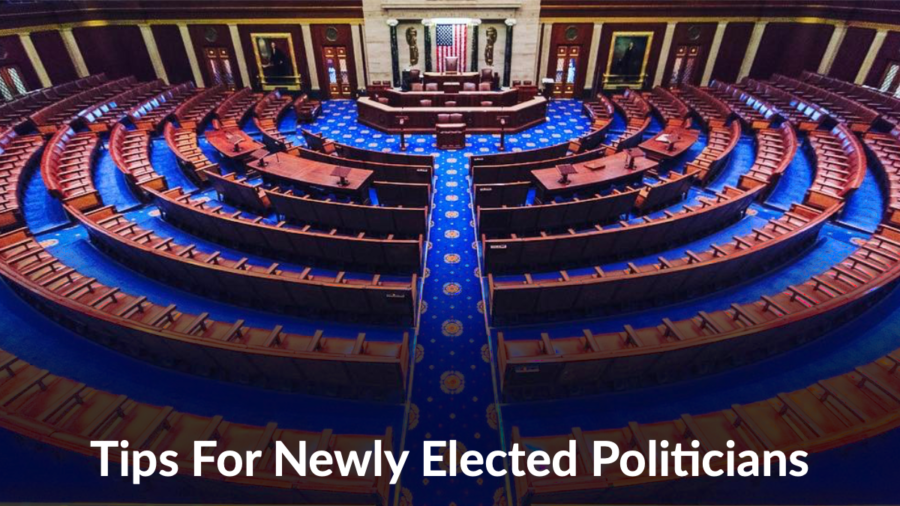
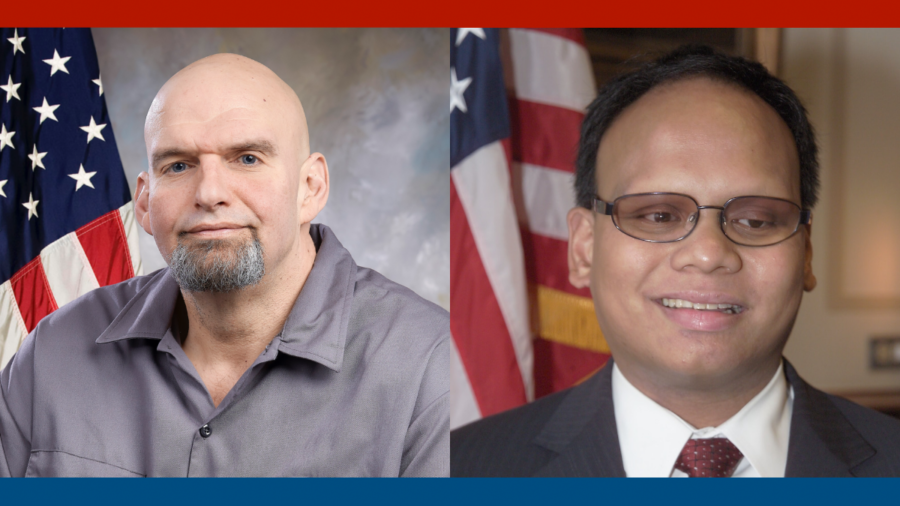
 While government roles
While government roles 